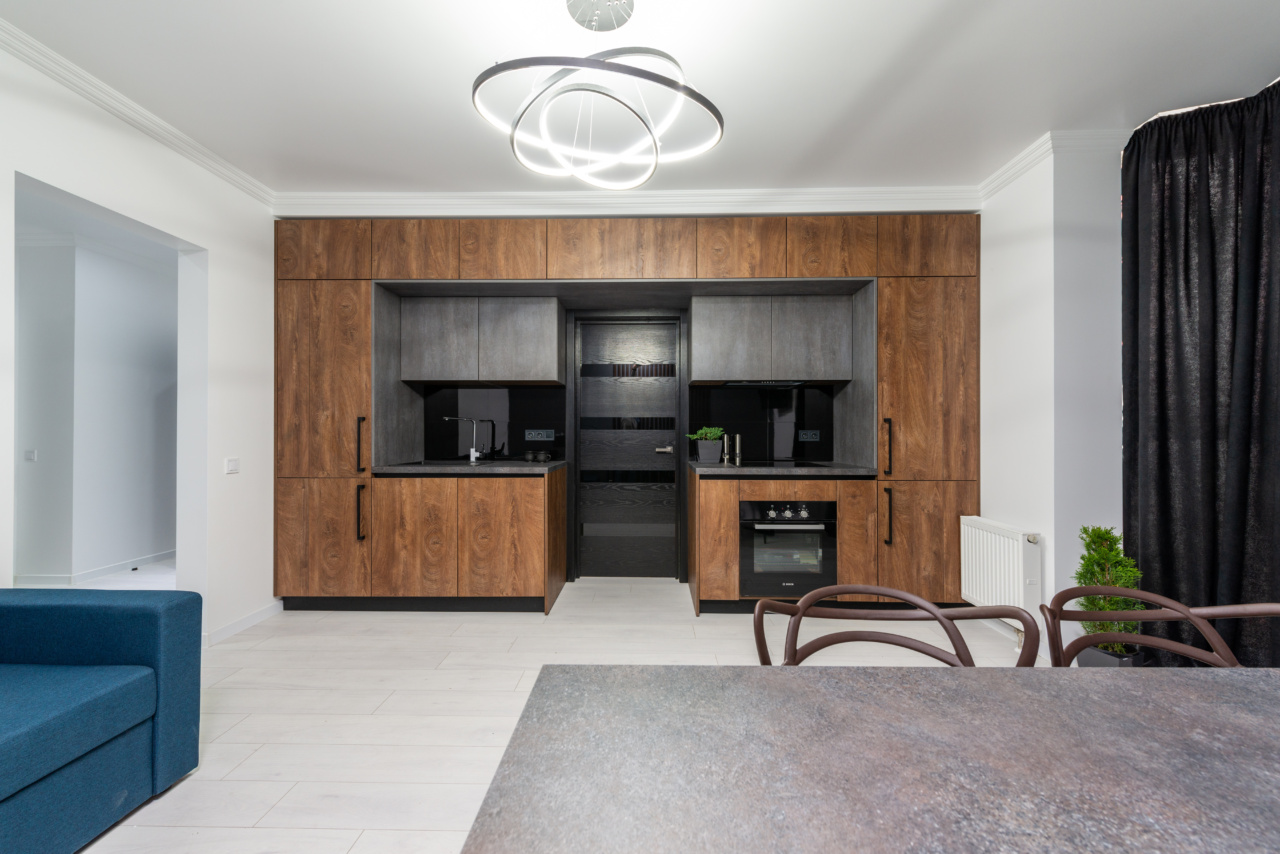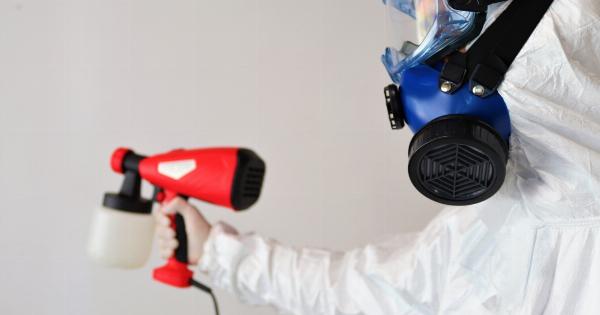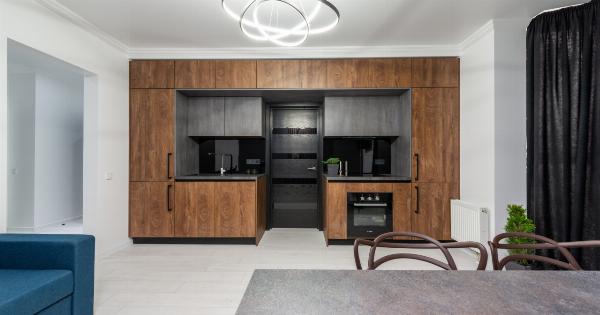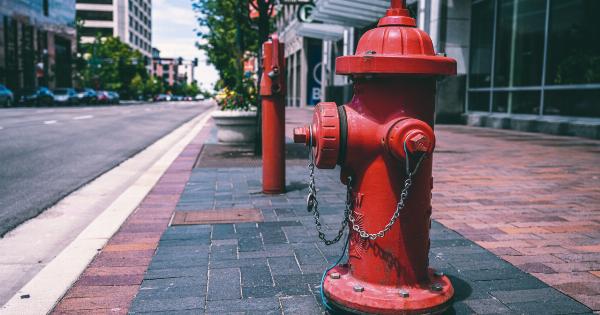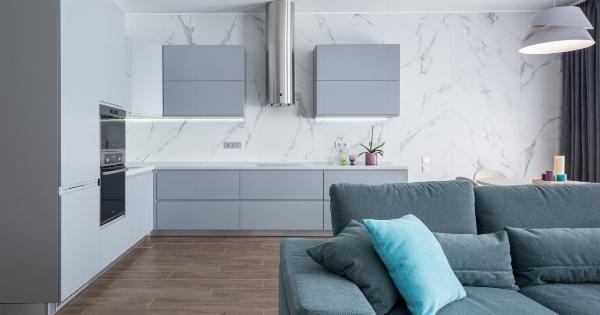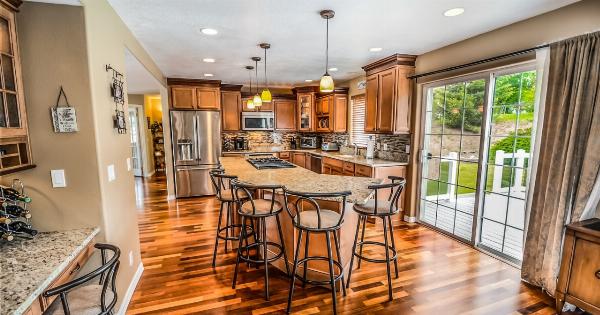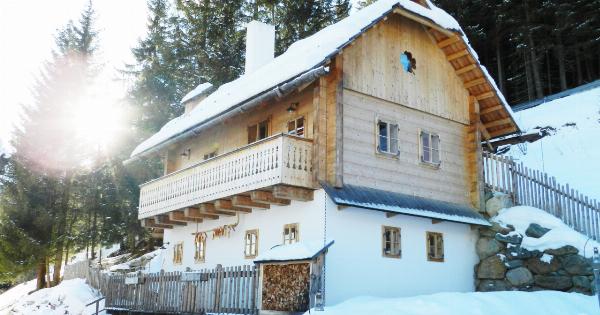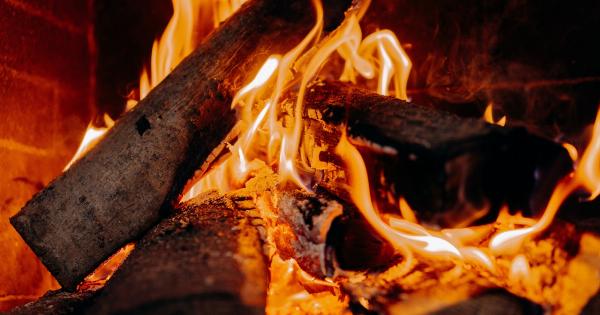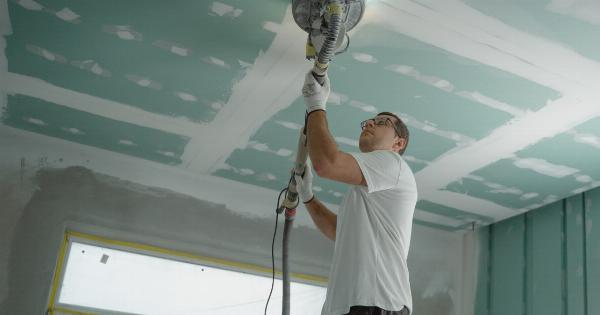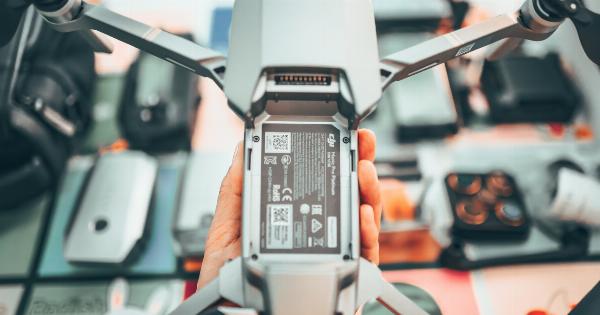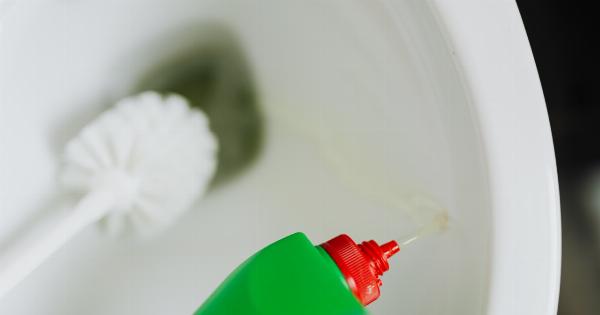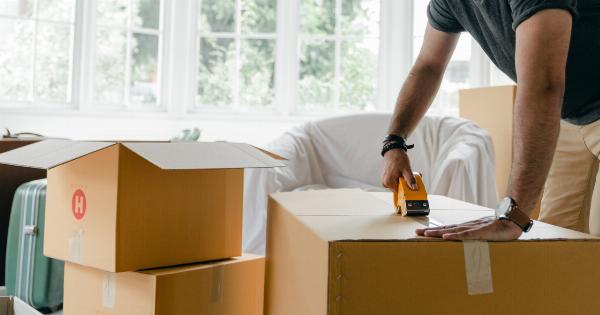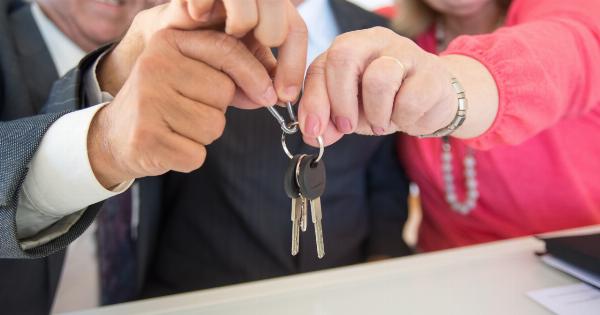Heating accidents can pose significant risks to your home and your family’s safety.
Whether you use a furnace, a fireplace, or any other type of heating system, it is essential to take proactive measures to prevent accidents and ensure a warm and secure environment during those cold winter months. In this article, we will discuss various steps you can take to protect your home from heating accidents.
1. Maintain Your Heating System Regularly
Regular maintenance of your heating system is crucial to ensure its safe and efficient operation. Hire a professional HVAC technician to inspect your furnace or heating unit annually.
They will check for any potential issues or malfunctions and clean or repair the system as needed. Regular maintenance will not only prevent accidents but also help prolong the lifespan of your heating system.
2. Ensure Proper Ventilation
Proper ventilation is essential for any heating system that uses combustion, such as a furnace or a fireplace.
Blocked or restricted vents can lead to the buildup of carbon monoxide, a colorless and odorless gas that can be fatal if inhaled in high concentrations. Make sure all vents are clear of any obstructions and regularly clean or replace furnace filters to maintain proper airflow.
3. Install Carbon Monoxide Detectors
Carbon monoxide detectors are an essential safety feature for any home with a heating system. Place detectors near bedrooms and common areas to quickly alert you if there are high levels of carbon monoxide in the air.
Ensure to test the detectors regularly and replace batteries when necessary. If a carbon monoxide detector goes off, leave the premises immediately and call emergency services.
4. Keep Flammable Materials Away
Heating sources, such as fireplaces and space heaters, can pose a fire hazard if not used properly. Keep flammable materials, such as curtains, furniture, and clothing, at a safe distance from heating appliances.
Always follow the manufacturer’s instructions for clearances and never leave heating appliances unattended when in use. Additionally, teach children about the dangers of playing near heating systems.
5. Install a Sturdy Fireplace Screen
If you have a fireplace, installing a sturdy fireplace screen is essential to prevent accidental burns. The screen should be made of metal or heat-resistant material and should cover the entire opening of the fireplace.
This will help prevent embers or sparks from escaping and igniting nearby objects or causing injuries.
6. Use Space Heaters Safely
Space heaters are a convenient way to add extra warmth to specific areas of your home. However, they can be a fire hazard if not used safely. When using a space heater, plug it directly into a wall outlet and never use an extension cord.
Keep the space heater on a level and non-flammable surface, away from foot traffic and children. Always turn off the space heater when leaving the room or going to bed.
7. Educate Your Family on Heating Safety
Education is key when it comes to preventing heating accidents. Teach your family members about the importance of heating safety and the potential hazards associated with different heating systems.
Teach children not to touch heating appliances, and explain the dangers of playing with matches or lighters near heating sources. By creating awareness and educating your family, you can reduce the risk of accidents.
8. Never Use Your Oven for Heating
Using your oven as a heating source is extremely dangerous and should be avoided at all costs. Not only can it cause a fire hazard, but it can also release harmful fumes into your living space.
Your oven is designed for cooking, not as a heating appliance, so it lacks the necessary safety features. Always use the appropriate heating systems for your home and never compromise on safety.
9. Install Fire Extinguishers
Having fire extinguishers readily available throughout your home is essential to tackle small fires before they spread. Install fire extinguishers in high-risk areas, such as the kitchen, near heating appliances, and in the garage.
Make sure the extinguishers are easily accessible and that everyone in your family knows how to use them safely. Regularly check the pressure and expiration date of fire extinguishers to ensure their effectiveness.
10. Stay Vigilant and Be Prepared
While taking preventative measures significantly reduces the risk of heating accidents, it is crucial to stay vigilant and be prepared for any unforeseen situations.
Have an emergency plan in place and ensure that everyone in your family knows what to do in case of a fire or carbon monoxide leak. Conduct regular fire drills and practice your evacuation plan to ensure a quick and safe escape in an emergency.
